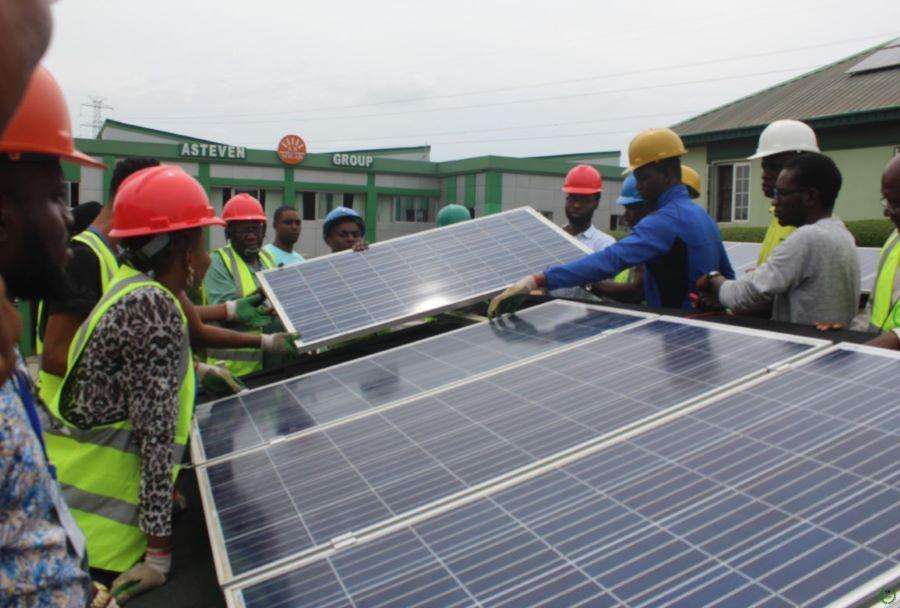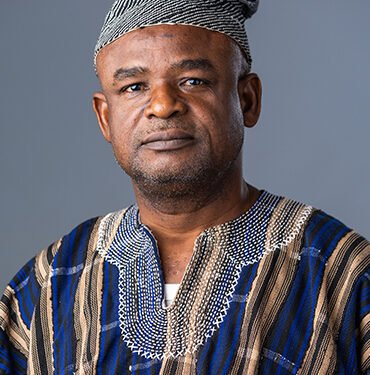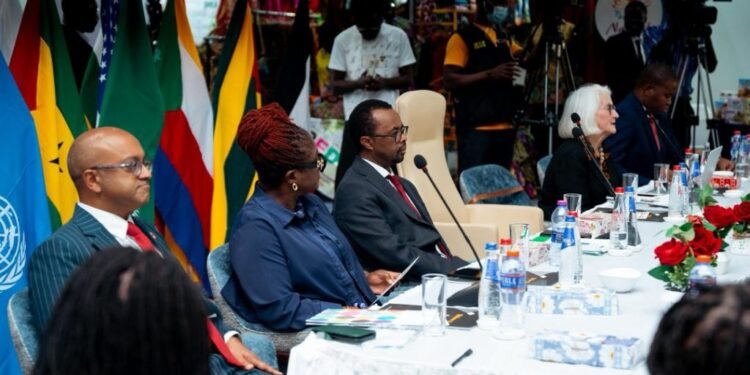The Nigerian government has unveiled a landmark initiative to electrify over 3,700 primary healthcare centers across the nation using renewable energy.
The project, known as e-H.E.A.R.T. (Electrification of Healthcare and Educational Facilities for Resilience and Transformation), is backed by a substantial $1.7 billion investment from the World Bank, African Development Bank (AfDB), and the International Finance Corporation (IFC).
Abba Aliyu, Managing Director of the Rural Electrification Agency (REA), emphasized the government’s unwavering commitment to advancing renewable energy to bridge the electricity gap across the country. “There is global acceptance of renewable energy as the solution to electricity access challenges,” Aliyu noted.
“Never before has the renewable energy sector received this level of attention and support from the government.
“The President’s signing of the Electricity Act was a pivotal moment, creating opportunities for state and local governments to engage in the electricity sector actively.”
Abba Aliyu, Managing Director of the Rural Electrification Agency (REA)
Aliyu expressed confidence in the growing success of Renewable Energy Service Companies (RESCOs), attributing their achievements to a supportive policy environment and increased private sector investment.
Aliyu encouraged state governments and private sector players to leverage the opportunities created by the Electricity Act.
He highlighted upcoming projects, including the National Power Central Solarization Initiative, a domestically funded program set to begin next year, with funding provisions already secured.
“The state governments should be ready to make use of the electrification act and take advantage of the opportunities being created,” Aliyu urged.
He also highlighted the Federal Executive Council’s recent approval of €161 million for upgrading power substations under the Presidential Power Initiative.
This upgrade is expected to add 150 MW to the national grid, positively impacting 14 existing substations and establishing 21 new ones.
Aliyu expressed confidence in the project’s long-term success, noting plans to scale up electrification efforts in the coming years.
“With the support of the President and the Honorable Minister of Power, we are poised to achieve even greater milestones.
“These projects will not only improve electricity access but also create sustainable economies and reduce rural-urban drift.”
Abba Aliyu, Managing Director of the Rural Electrification Agency (REA)
Broader Implications for Energy Access

The e-H.E.A.R.T. project is expected to revolutionize power supply in rural areas, benefiting millions of Nigerians who currently lack access to electricity.
According to the Nigerian government estimates, 80 million Nigerians live without reliable power. This initiative seeks to address this deficit through the deployment of renewable energy mini-grids, which are particularly suited for remote areas.
Minister of Power Adebayo Adelabu reiterated the government’s focus on off-grid solutions as a key component of its energy strategy. Speaking at an engagement workshop, Adelabu expressed optimism about the impact of renewable energy initiatives.
“The dichotomy between on-grid and off-grid solutions should no longer be seen as a division but as complementary components of a holistic energy strategy.
“With ongoing challenges in achieving a steady power supply from the national grid, the Ministry has been hard at work converting these challenges into growth opportunities.”
Minister of Power Adebayo Adelabu
Adelabu announced that a $750 million loan from the World Bank would help address power supply issues and complement ongoing projects like the Distributed Access through Renewable Energy Scale-up (DARES) program. This project alone is expected to impact over 13 million Nigerians.
As Nigeria embarks on this ambitious journey, the success of the e-H.E.A.R.T. initiative and other renewable energy projects will hinge on collaboration between federal, state, and local governments, as well as private sector stakeholders.
The government’s call for sub-national entities and private enterprises to participate actively in these programs underscores the importance of a unified approach to addressing the nation’s energy challenges.
With billions of dollars in funding and a clear roadmap for implementation, Nigeria is poised to make significant strides in renewable energy adoption.
By electrifying critical infrastructure such as healthcare centers and schools, the e-H.E.A.R.T. initiative represents not just an investment in energy, but a commitment to the nation’s future resilience, health, and economic development.
REA ALSO: Niger Junta Clashes With Rights Groups Over Criticism























